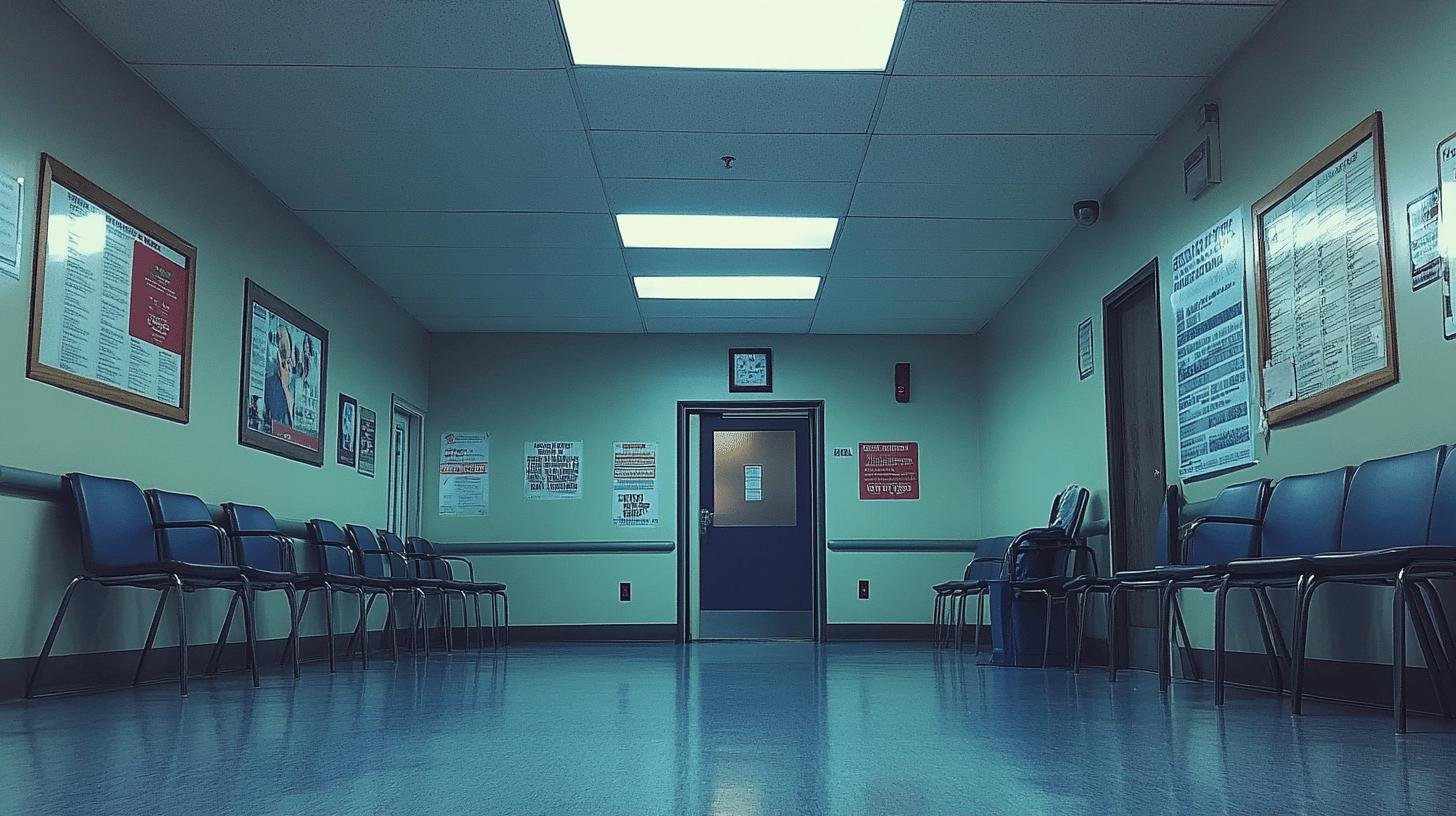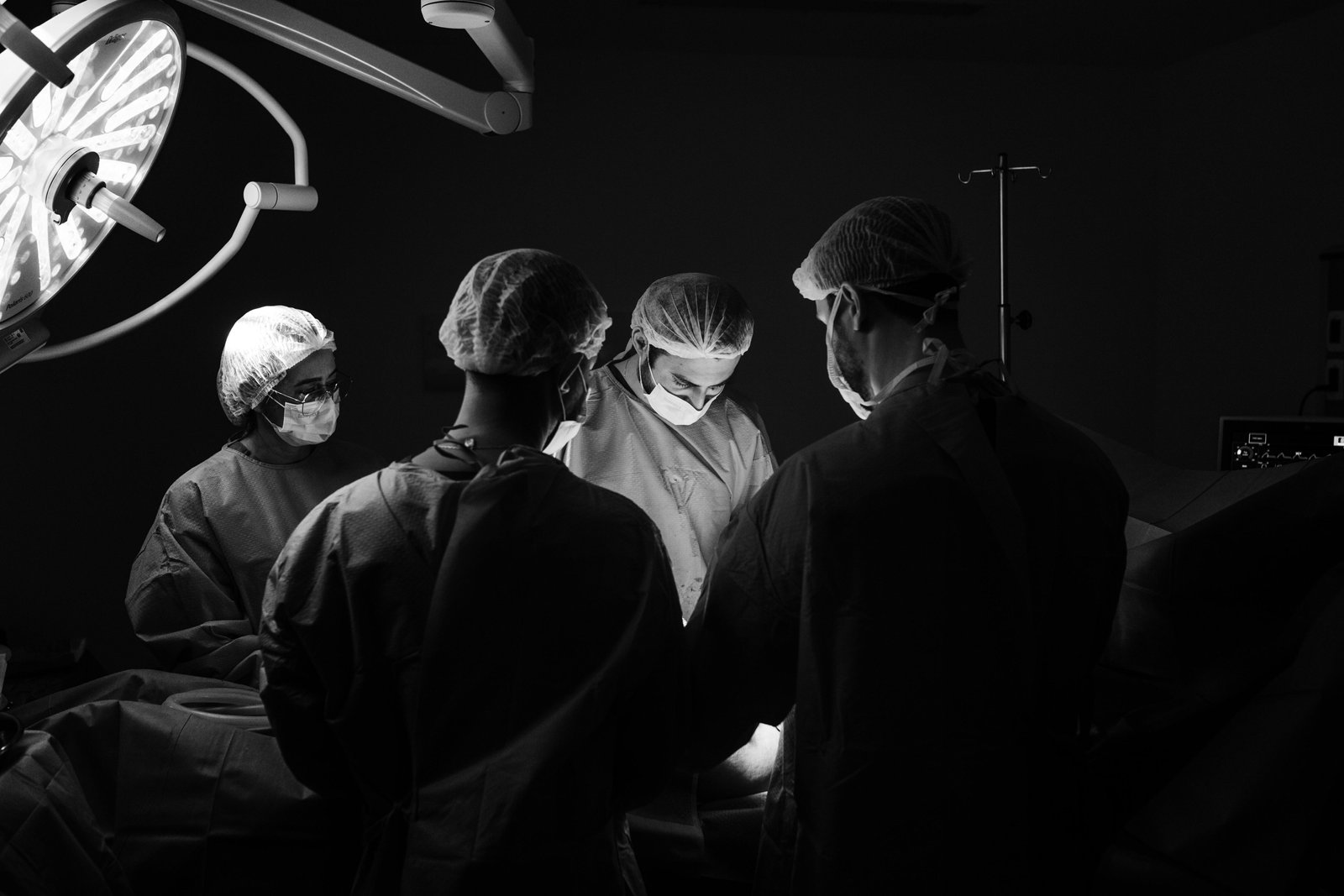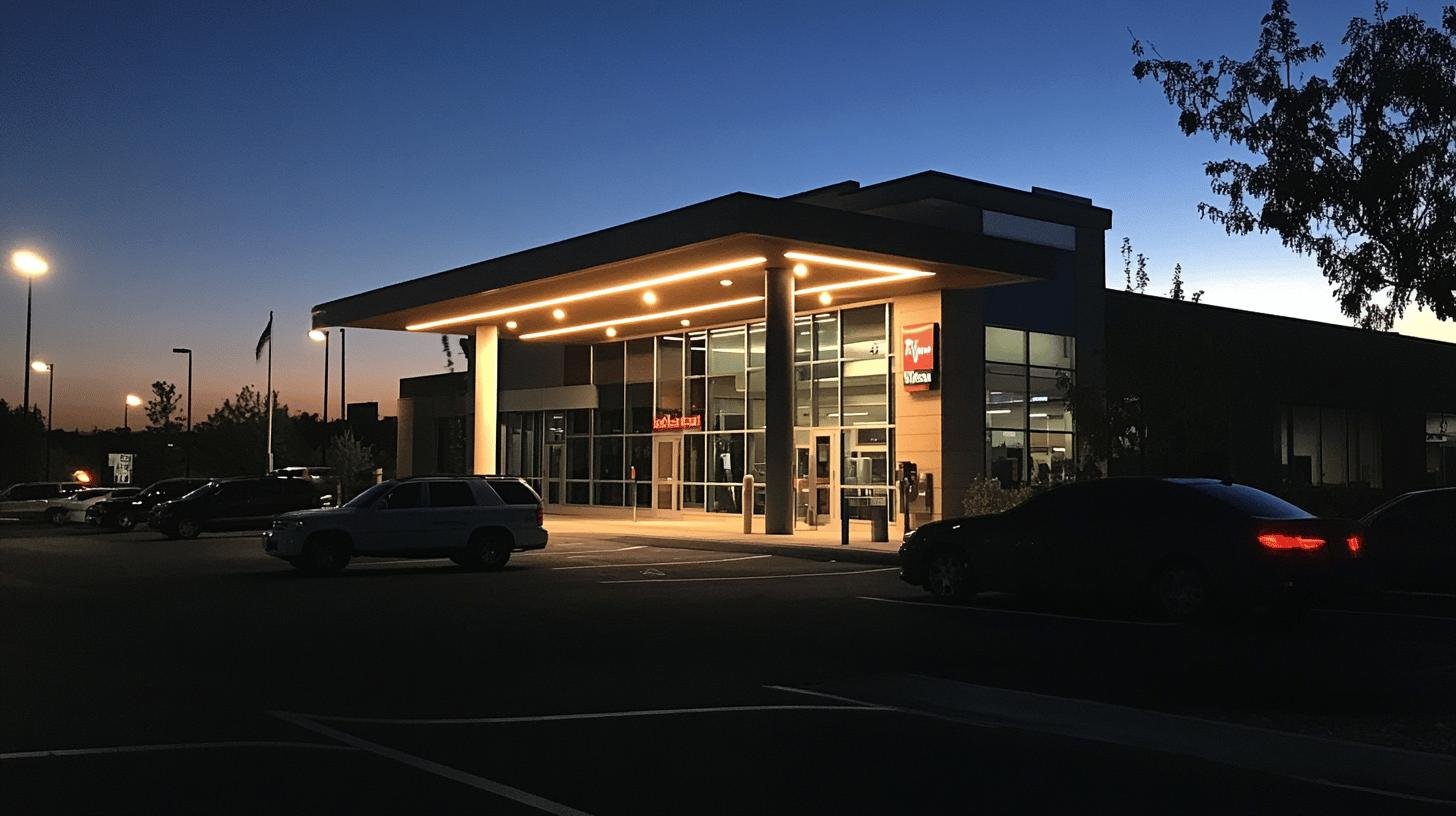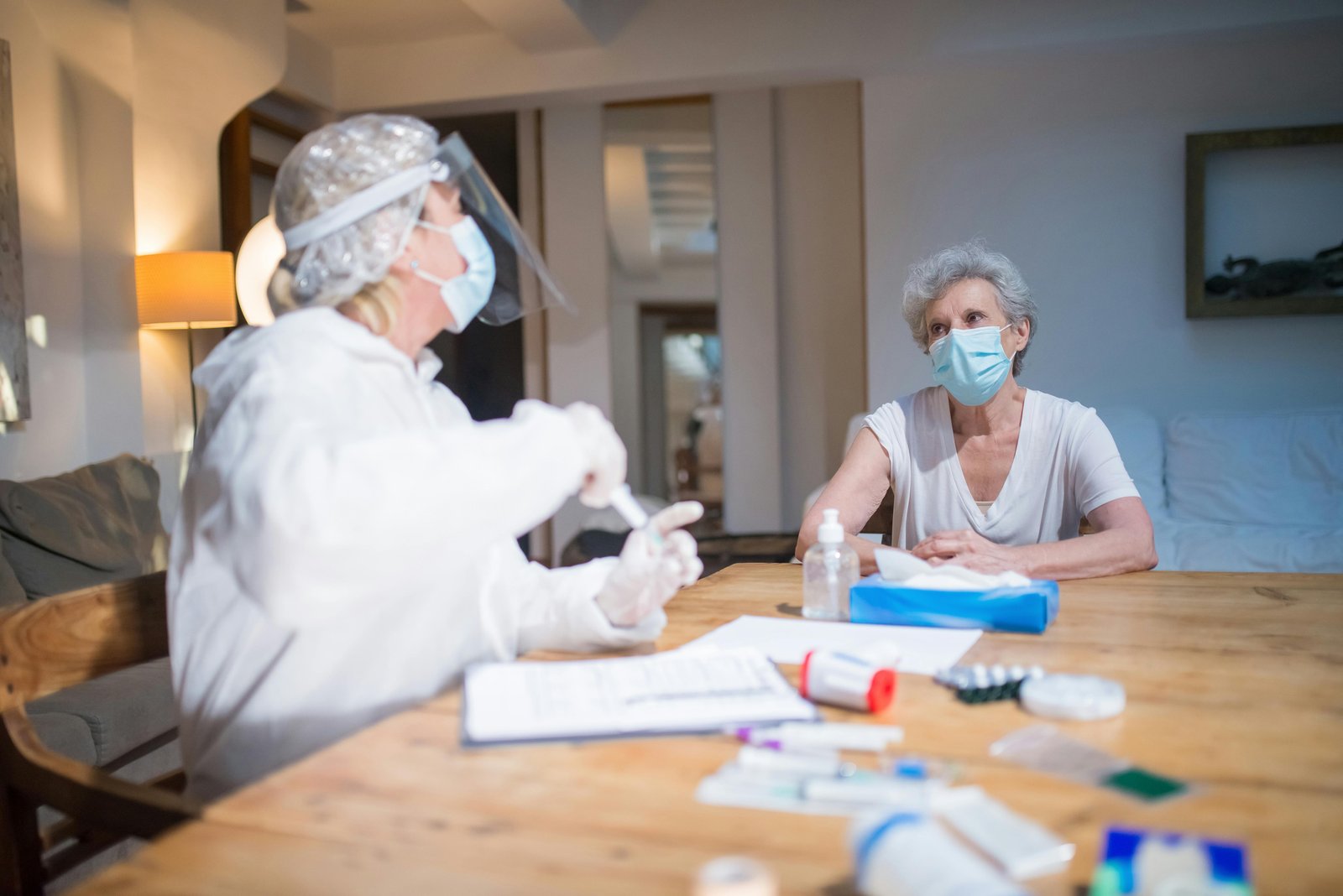TL;DR:
- After-hours medical care is available to treat health issues outside regular clinic hours (evenings, weekends, holidays).
- Types of services include Urgent Care Centers, Emergency Rooms, Retail Clinics, and Telemedicine.
- Urgent care handles non-life-threatening issues like minor fractures and infections; ERs handle serious emergencies.
- Urgent care costs $100-$200; ER visits cost over $1,000.
- Insurance is typically accepted at urgent care and retail clinics.
- Access clinics by searching online or using apps; most are open until 9 or 10 PM.
- Pediatric urgent care offers specialized care for children with flexible hours.
- Direct Primary Care provides personalized service with no insurance hassle.
Imagine you or a loved one has a sudden health issue late at night. The regular clinics are closed, and you’re left wondering where to turn. After-hours medical care is a game-changer for addressing urgent health concerns during evenings, nights, weekends, and holidays. Whether it’s a minor injury, an unexpected infection, or something more serious, these services are there when traditional healthcare options aren’t. Let’s dive into why after-hours medical care is essential and how it brings much-needed convenience to our hectic lives.
Understanding After Hours Medical Care
After-hours medical care is like a safety net for health concerns when regular clinics are closed. It’s essential because health issues don’t follow a 9-to-5 schedule. These services are available evenings, nights, weekends, and holidays. They ensure you get the care you need without waiting for regular hours. Whether it’s a minor infection or injury, after-hours clinics are here when your usual healthcare providers are off duty.
Let’s explore what these clinics offer. After-hours clinics are your go-to for non-emergency services. They’re ideal for treating minor fractures, sprains, or persistent colds. Urgent care centers play a significant role in handling issues that aren’t serious enough for the ER but can’t wait, either. They’re the healthcare superheroes stepping in when your primary doctor is unavailable.
Accessibility is a strength of after-hours medical care. These clinics often operate until 9 or 10 PM, which is convenient for busy schedules. Best of all, they’re open on weekends and holidays. This flexibility means you get timely care without the long ER wait times.
Types of After Hours Medical Services

Let’s start with urgent care centers. They’re the MVPs in after-hours medical services. They handle non-emergencies that need quick attention, like minor fractures or sprains. Think of them as your go-to when your regular doctor is off but you need fast care. Urgent care centers usually stay open late, often until 9 or 10 PM, offering both convenience and accessibility.
Here’s a quick list of after-hours service types:
- Urgent Care Centers
- Emergency Rooms
- Retail Clinics
- Telemedicine Services
Emergency rooms are the 24/7 solution for serious, life-threatening conditions. They’re always open and ready to handle severe injuries or critical health crises. If it’s a potential heart attack or stroke, the ER is your best choice. They can be crowded but are well-prepared for serious issues that can’t wait.
Retail clinics are a casual option. Found in pharmacies or supermarkets, they’re great for minor ailments like flu shots, sore throats, or skin irritations. They’re open late and on weekends, perfect for quick, basic healthcare needs.
Finally, telemedicine services are a game-changer. Virtual visits are ideal when you can’t get to a clinic. Consult with a healthcare provider from home for advice, prescriptions, or non-emergency diagnoses. It’s about bringing healthcare to you whenever you need it.
When to Seek After Hours Medical Care
Are you wondering when to visit an urgent care center instead of the ER? It’s about knowing the difference between non-emergencies and real emergencies. Urgent care is great for non-life-threatening issues needing prompt attention, like minor fractures, sprains, or infections. These centers are for times when you can’t wait for your regular doctor but aren’t dealing with critical conditions.
The ER is essential for serious situations. Emergency rooms handle life-threatening conditions needing immediate, advanced care, like severe injuries, heart attacks, or strokes. The ER is your best option if the situation is critical and potentially life-threatening. It’s open 24/7 and ready for urgent and serious cases.
Here’s a quick guide: Assess the urgency and severity of the issue. If it’s manageable at home but needs more than simple care, urgent care is the place. If it’s critical, don’t hesitate to head to the ER. Always err on the side of caution for your health!
Benefits of After Hours Medical Care

Let’s explore the perks of after-hours medical care, starting with cost. It’s generally cheaper than visiting the emergency room. If your budget’s tight (and whose isn’t?), urgent care centers provide a more affordable solution for non-life-threatening issues. You’re not just saving money; you’re avoiding the need for costly hospitalization.
Regarding convenience and accessibility, after-hours care is a healthcare lifeline that fits your schedule. With flexible appointments and walk-in availability, these centers are ready when your regular doctor isn’t. Whether it’s late at night or on the weekend, urgent care centers are open, and no appointment is needed. It’s perfect for juggling work and unexpected life events.
Finally, the personalized attention and speed make after-hours care appealing. Unlike chaotic and overcrowded ERs, urgent care centers offer a relaxed experience. You’re more than a number; you get attention from medical professionals who focus on your needs. Plus, you say goodbye to long waits. These centers aim to get you in and out quickly. Who doesn’t love that?
Insurance and Costs for After Hours Medical Care
Insurance often tops the list when considering after-hours medical care costs. Most urgent care facilities accept various insurance plans, so you can get the care you need without a hefty bill. Key tip: Always call ahead of time or check online to ensure your plan is accepted. Many centers accept Medicaid, easing coverage concerns. Taking this step can save you from unexpected bills and smooth your visit.
Now, let’s talk numbers—because who doesn’t love a good cost comparison? Urgent care centers are much more affordable than emergency rooms. A trip to the ER can cost over $1,000, which is a significant expense. In contrast, urgent care centers treat non-critical issues at a fraction of the price. They’re a smart choice for non-emergencies and budget-conscious care. Avoiding the high ER bill while getting quality care? That’s a win-win!
| Service Type | Average Cost | Insurance Accepted |
|—————|————–|——————–|
| Urgent Care | $100-$200 | Yes, various types |
| Emergency Room| $1,000+ | Yes, various types |
| Retail Clinics| $50-$100 | Yes, various types |
How to Access After Hours Medical Care

Finding an after-hours medical clinic is easier than it seems. Start by searching “urgent care near my location” for nearby clinics. Many offer extended hours, catering to those who can’t visit during typical 9-to-5 times. Whether it’s a non-emergency or a quick check-up, these clinics have you covered. Look for ones open on weekends and holidays, too.
Booking an urgent care appointment is flexible. Here are common options:
- Walk-in
- Online Booking
- Phone Booking
Walk-ins are simple—just show up. If you want to skip the wait, online booking is great. Many clinics have websites or apps for securing a spot in advance. If internet access is limited, a quick phone call works too.
Clinic hours vary, but most stay open late, often until 9 or 10 PM. Check their websites or call ahead to confirm hours. Some clinics have signs with their schedules. This way, you won’t waste a trip for timely care.
For tech lovers, digital tools can help access after-hours care. Apps like Zocdoc or Google Maps show nearby clinics, hours, and patient reviews. It’s like having a healthcare assistant in your pocket. Next time you’re in need, let your phone guide you to the nearest clinic.
Special Considerations for Pediatric After Hours Medical Care
Pediatric care is crucial for children’s after-hours medical care. Kids have unique health needs requiring a different approach. Pediatric urgent care centers have the right tools and staff to treat everything from minor injuries to infections, ensuring a stress-free experience for children and parents. They know health issues don’t follow a schedule, so they stay open late, often until 9 or 10 PM, and are available on weekends and holidays.
Pediatric urgent care centers offer services tailored for kids, including treatment for common illnesses like ear infections, strep throat, and minor fractures. They also handle cuts, sprains, and other minor injuries from after-school activities or weekend play. Many centers have child-friendly environments with colorful decor and toys. Some offer telemedicine options so you can consult with a pediatrician from home.
When should you seek pediatric after-hours care? If your child has a non-life-threatening issue that can’t wait for their regular pediatrician, head to an urgent care center. High fevers, persistent vomiting, or minor injuries are reasons to visit. For severe issues like breathing difficulties or significant trauma, the emergency room is best. Trust your instincts and prioritize your child’s health.
The Role of Direct Primary Care in After Hours Services

Direct primary care (DPC) is like having a healthcare buddy without insurance hassles. How does it work? You pay your doctor a regular fee in DPC, cutting out insurance companies. This means personalized healthcare tailored to you. It’s not just about visits; it’s about building a relationship with your doctor, always reachable by call or email. DPC brings back the charm of healthcare, where your doctor knows you and doesn’t rush appointments.
Why is DPC a star in after-hours medical services? First, it’s flexible. Need to visit late or on a weekend? No problem! Many DPC practices offer extended hours, and some provide telemedicine options so you can receive care from your couch. Affordability is another plus. Without dealing with insurance, there are no surprise bills. Your membership fee covers most services, making it budget-friendly. It’s like VIP healthcare designed around your schedule.
Final Words
When regular clinics are closed, after hours medical care is a game changer. From urgent care centers to emergency rooms and retail clinics, many options exist for immediate healthcare needs.
We covered when to seek each type of care and the benefits of after-hours services, such as cost-effectiveness and reduced wait times. We also touched on insurance and cost factors to help you make informed choices.
Whether it’s for you or your family, after hours medical care unlocks peace of mind and access to prompt healthcare when needed most.
FAQ
What is the meaning of after-hours care?
After-hours care refers to medical services available during times when regular clinics are closed, such as evenings, nights, weekends, and holidays, to address urgent but non-emergency health concerns.
Why do doctors call after hours?
Doctors call after hours to follow up on urgent health issues or manage ongoing care needs when clinics aren’t open, ensuring patients get timely responses without waiting for regular hours.
What do I do if my GP is closed?
If your GP is closed, consider visiting an urgent care center or using after-hours medical services for non-emergency issues, like minor injuries or infections, until you can contact your GP.
What are the other names for urgent care?
Urgent care centers, also called walk-in clinics or immediate care centers, offer quick access to medical treatment for non-life-threatening conditions outside of a typical hospital setting.

